South Korean Prime Minister Han Duck-soo became acting president of the country today, December 14, after the National Assembly passed a motion to impeach President Yoon Suk Yeol for declaring martial law.
With the South Korean National Assembly's impeachment vote passed after Mr Yoon's brief attempt to impose martial law on December 3, he has been suspended from exercising presidential powers and the constitution requires the prime minister to take on an acting role.
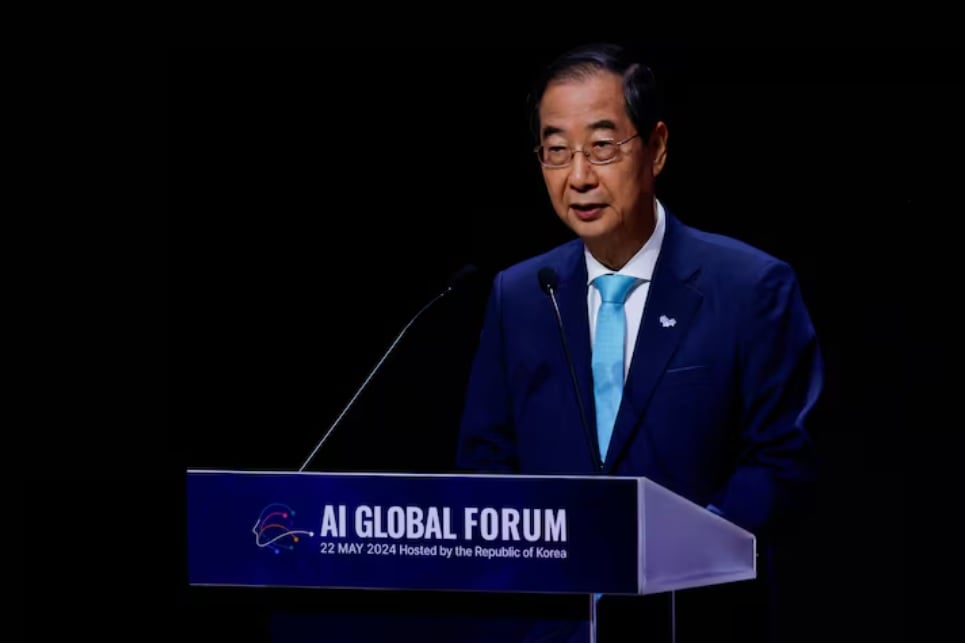
South Korean Prime Minister Han Duck-soo speaks at an event in Seoul on April 22.
After Mr. Yoon was impeached, South Korean Prime Minister Han Duk-soo said he would do his best to run the government stably. "I am very sad," Mr. Han told reporters after the National Assembly approved the impeachment motion against Mr. Yoon.
In a country deeply divided by partisan rhetoric, Mr. Han is a rare official whose diverse career transcends party lines. He is a technocrat with extensive experience and a reputation for sound judgment that could serve him well in his latest role as acting president, according to Reuters.
Mr. Han (75 years old) has held leadership positions for more than 3 decades under 5 different presidents. He held many positions such as ambassador to the US, finance minister, trade minister, presidential secretary in charge of policy coordination, prime minister...
With a doctorate in economics from Harvard University (USA), Mr. Han's expertise in economics, trade and diplomacy as well as his reputation for reasonableness, moderate attitude and hard work have made him a trusted regular in Korean politics, according to Reuters.
Mr. Han has served as prime minister since Mr. Yoon's term began in 2022. This is his second time in the post after a stint as prime minister under former President Roh Moo-hyun in 2007-2008.
Mr. Han also has experience working with South Korea's important ally, the United States, and was deeply involved in the process of signing the US-Korea Free Trade Agreement.
Mr. Han's leadership is expected to last for months until the Constitutional Court decides whether to remove Mr. Yoon or restore his power. If Mr. Yoon is removed from office, a presidential election must be held within 60 days, until then Mr. Han will remain in power.
But Mr Han faces the challenging task of keeping the government running during the country's most serious political crisis in four decades, while also dealing with nuclear-armed neighbour North Korea and a slowing domestic economy.
Mr. Han's term as acting president could also be threatened by criminal investigations into his role in Mr. Yoon's decision to declare martial law on December 3.
The main opposition Democratic Party has filed a complaint against Mr. Han to put him under investigation for failing to stop Mr. Yoon's attempt to declare martial law.
If parliament decides to impeach Mr. Han, the finance minister would be the next in line among cabinet members to serve as acting president, according to Reuters.
The South Korean Constitution does not specify how much power the prime minister is given in exercising his leadership role. Most scholars believe that the prime minister must exercise powers limited to preventing the paralysis of state affairs and no more, while some argue that Mr. Han can exercise all the powers of the president because the Constitution does not place any restrictions.
Source: https://thanhnien.vn/tong-thong-han-quoc-bi-luan-toi-ai-dang-tam-quyen-thay-the-185241214161429491.htm







![[Photo] Cutting hills to make way for people to travel on route 14E that suffered landslides](https://vphoto.vietnam.vn/thumb/1200x675/vietnam/resource/IMAGE/2025/11/08/1762599969318_ndo_br_thiet-ke-chua-co-ten-2025-11-08t154639923-png.webp)
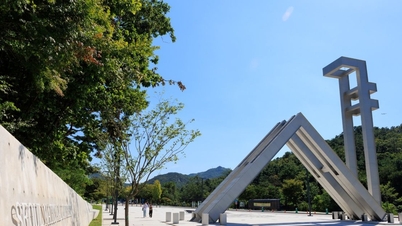







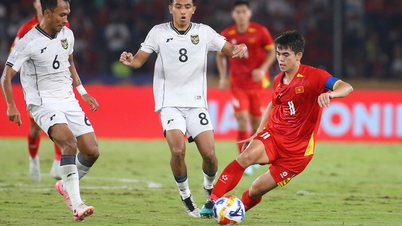


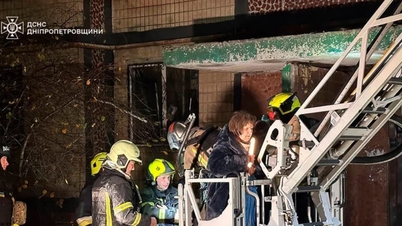

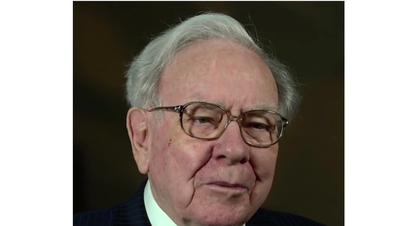



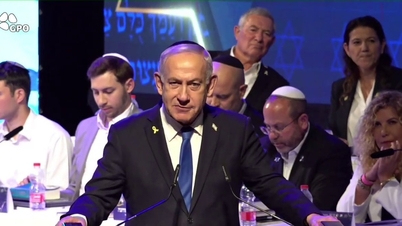






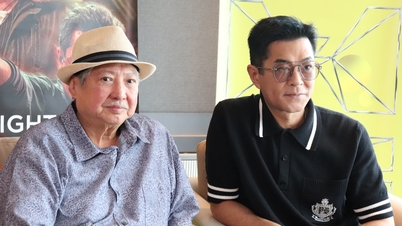












![[Video] Hue Monuments reopen to welcome visitors](https://vphoto.vietnam.vn/thumb/402x226/vietnam/resource/IMAGE/2025/11/05/1762301089171_dung01-05-43-09still013-jpg.webp)






























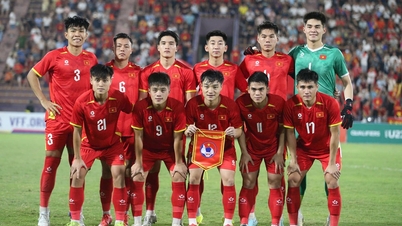

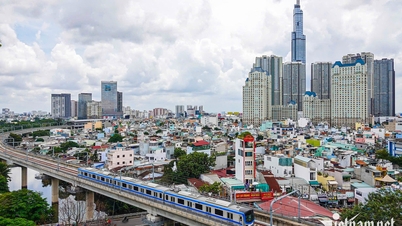



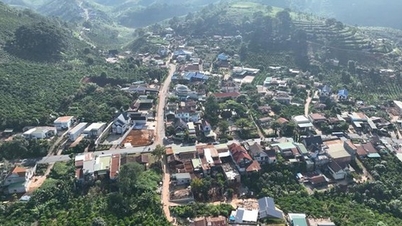
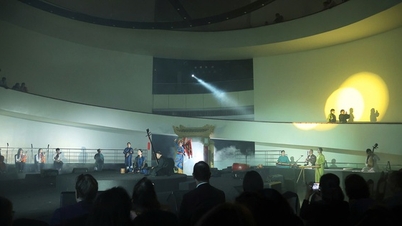
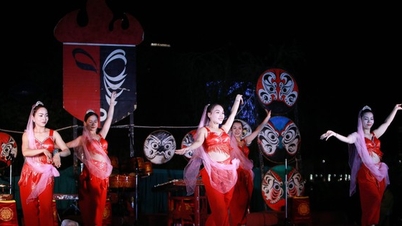



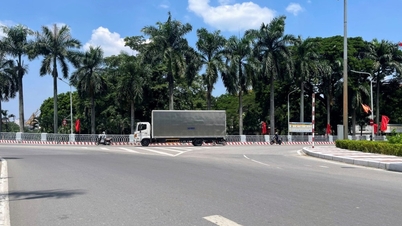




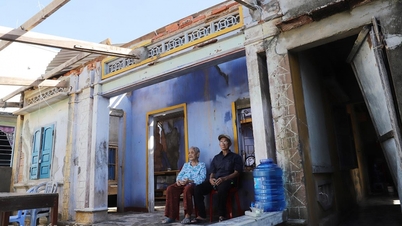


















Comment (0)